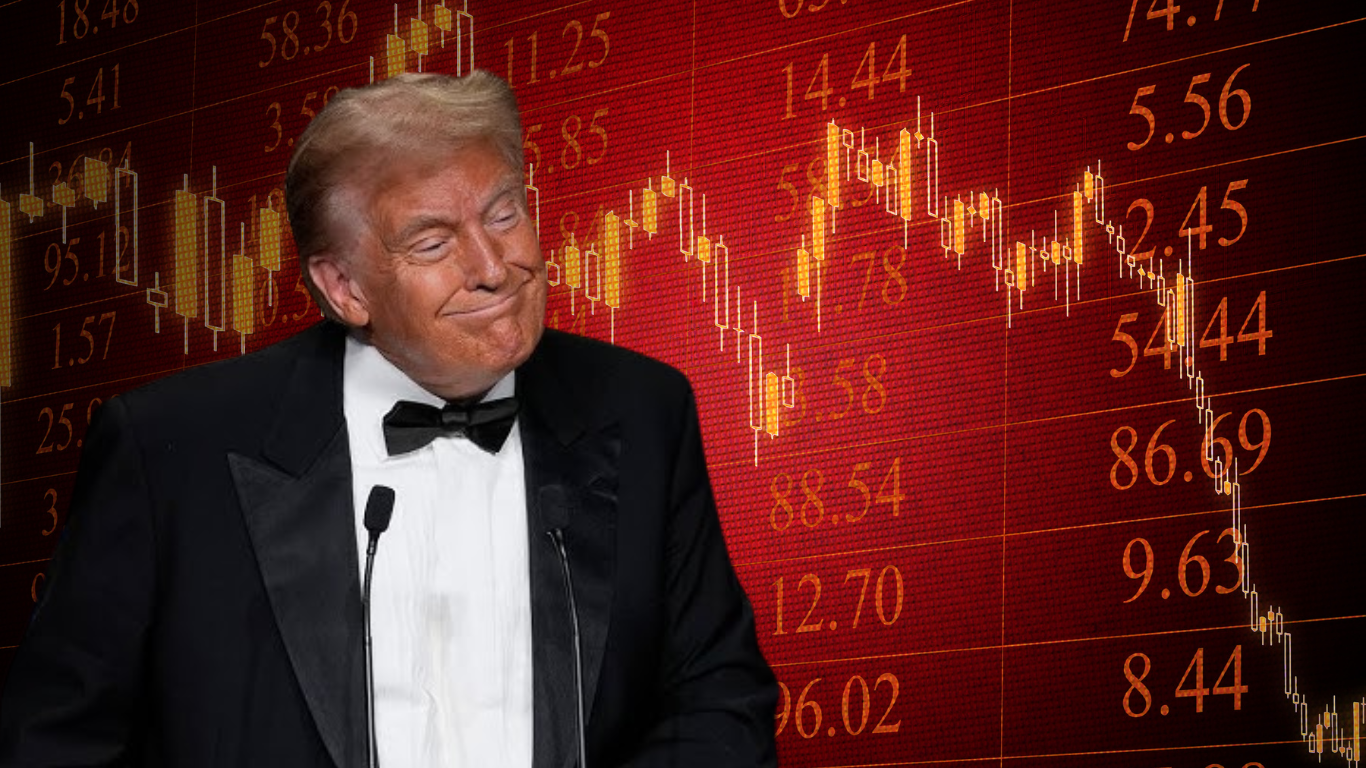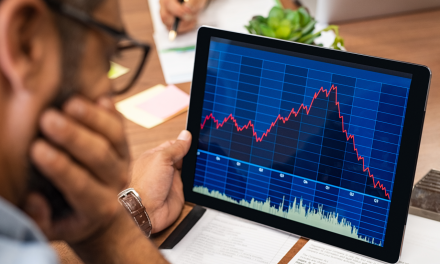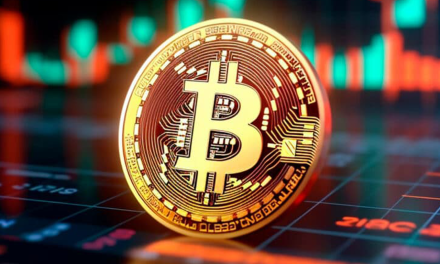European stock markets plunge in early trading today, continuing a global trend of economic uncertainty triggered by recent US trade policy shifts. Following steep losses across Asia, European indices opened sharply lower, sparking investor concern throughout the continent.
The Dax index in Germany fell by nearly 10% before regaining some ground, while the FTSE 100 in London saw a drop of almost 6%. Earlier in Asia, the Hang Seng index in Hong Kong had closed with a dramatic 13.22% loss. Taiwan’s market followed suit, dropping by 9.7%.
US Tariffs Spark Global Reaction
These developments come in the wake of President Donald Trump’s decision to impose worldwide tariffs on goods entering the United States. The move has rattled global markets and drawn widespread criticism.
Speaking to reporters aboard Air Force One, Trump defended the controversial policy: “Sometimes you have to take medicine to fix something,” he stated, implying the tariffs are a necessary step to rebalance trade relations.
EU Leaders Prepare a United Front
As markets reel, EU trade ministers are gathering in Luxembourg for their first meeting since Trump’s tariff announcement. According to Maros Sefcovic, the EU commissioner for trade and economic security, the meeting will focus on how Europe should navigate what he called a “paradigm shift” in the global trading system.
Meanwhile, Swedish Trade Minister Benjamin Dousa affirmed that all options remain on the table for potential EU countermeasures. He emphasized that any strong stance should ultimately lead to dialogue with the US, not escalation.
An unnamed EU official further explained that ministers aim to present a united message to the US: a call to negotiate a removal of the tariffs, while also preparing firm counteractions should talks fail.
Wall Street Braces for Impact
US futures also pointed to a sharp decline ahead of the New York Stock Exchange’s opening, suggesting that American investors are similarly uneasy about the escalating trade conflict.
The ripple effect from these developments highlights how interconnected global markets have become — and how sensitive they remain to policy decisions from major economies.















